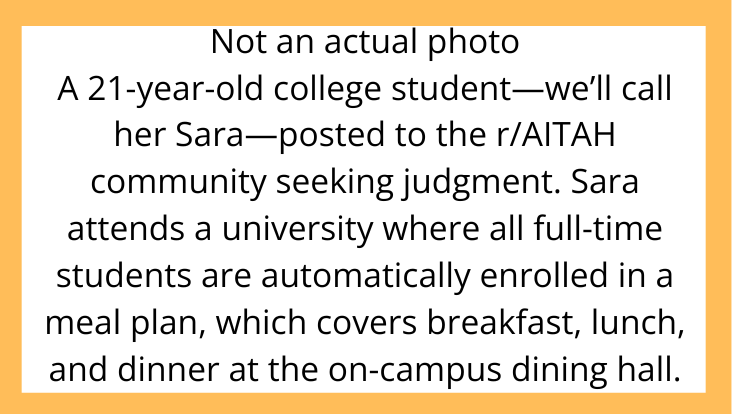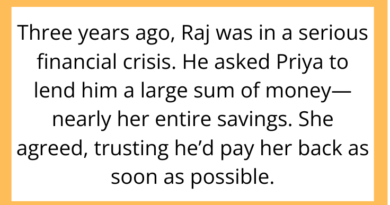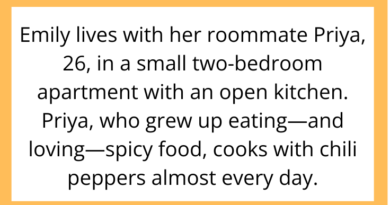AITAH for Not Letting My Boyfriend Eat From My Meal Plan Even Though He’s Struggling Financially?
Relationships are full of compromises, but when it comes to money, boundaries, and survival, things can get complicated—fast. In this AITAH scenario, a college student faces unexpected guilt and backlash after denying her boyfriend access to her prepaid meal plan.
Did she act selfishly, or was she simply protecting her own resources?
Let’s break it down.
The Backstory: A Prepaid Plan and a Hungry Partner

A 21-year-old college student—we’ll call her Sara—posted to the r/AITAH community seeking judgment. Sara attends a university where all full-time students are automatically enrolled in a meal plan, which covers breakfast, lunch, and dinner at the on-campus dining hall.
Sara’s boyfriend, Nick, also attends the same college, but recently dropped to part-time status after facing academic challenges. This meant he was no longer eligible for the meal plan and had to pay out of pocket for food. Unfortunately, Nick was also going through a tough financial stretch—his part-time job had cut his hours, and his parents weren’t helping financially.
Nick began asking to share meals with Sara. At first, it was occasional: a breakfast here, a dinner there. But it quickly became a daily habit. Sara started to feel the pressure—not only emotionally, but financially. The meal plan has limits, and by mid-semester, she realized she might run out of swipes before finals.
So she told Nick he couldn’t keep eating from her plan.
Nick didn’t take it well.
The Conflict: Support or Self-Preservation?

Nick accused Sara of being selfish and unsupportive. He reminded her that they were in a relationship and that he would “never let her go hungry” if the roles were reversed. He also pointed out that her meal plan was already paid for—what difference did it make if he used it?
Sara felt torn. She cared about Nick, but she was also paying for college through loans and part-time work. She had budgeted her meals for herself, and sharing them wasn’t sustainable. Still, she began to wonder: Was she the villain for saying no?
Breaking Down the Dilemma: What Reddit Thinks

The r/AITAH subreddit wasted no time weighing in—and the majority supported Sara’s decision.
“NTA—Boundaries Aren’t Selfish”
Top commenters pointed out that Sara was not obligated to feed another adult, especially at the risk of jeopardizing her own well-being. A few users who had been in similar situations shared stories of how letting someone “temporarily” share resources often led to burnout and resentment.
“It doesn’t matter if the meal plan is paid for—it has a finite number of meals,” one commenter explained. “You’re not a bad person for setting limits.”
“But He’s Struggling—Is Compassion Not Worth It?”
On the other side, a minority of commenters empathized with Nick. “He’s your boyfriend, not a stranger. If he’s going hungry, maybe help him find a solution instead of just saying no.”
Still, even those who sympathized with Nick agreed that he shouldn’t be relying solely on Sara to solve his problems.
The Bigger Issue: Financial Boundaries in Relationships
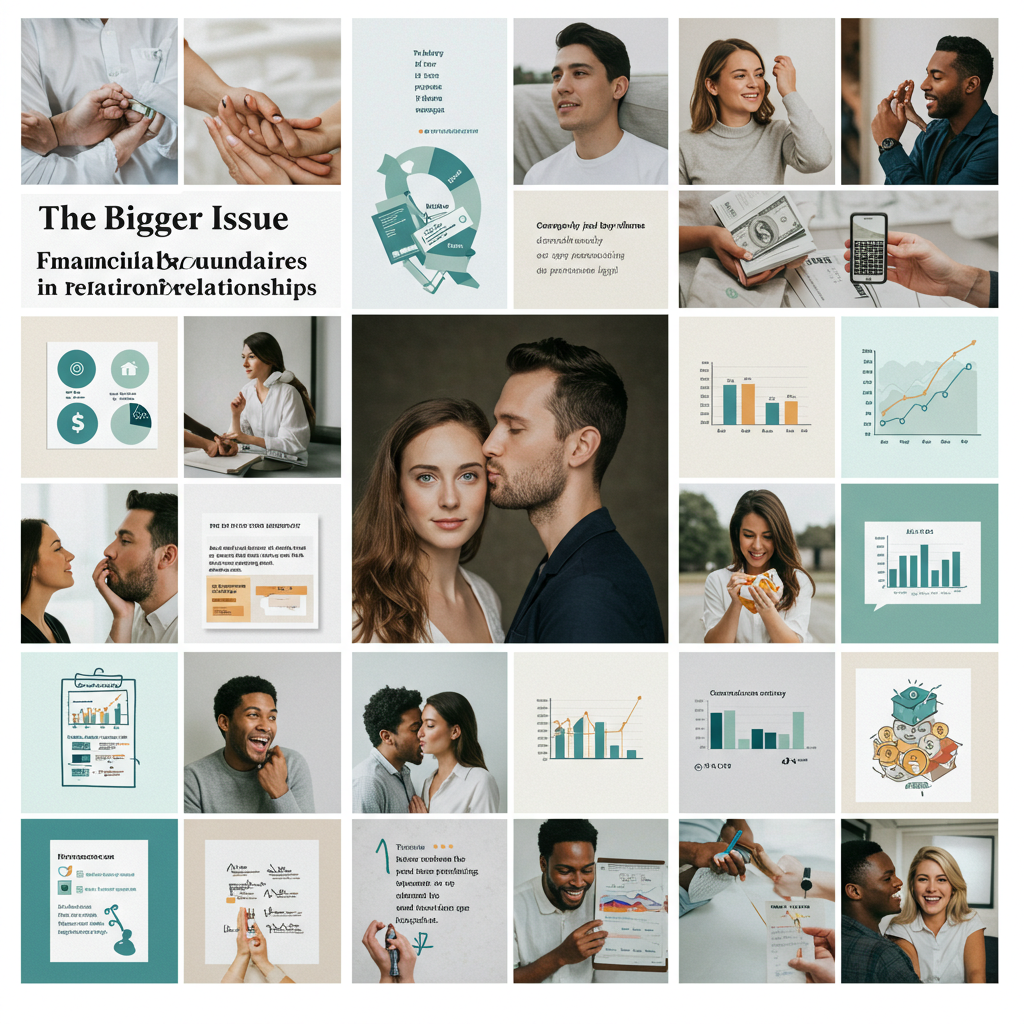
Sara’s story isn’t just about a meal plan—it’s about financial boundaries in young relationships. College students are often navigating independence for the first time, and with that comes the difficult task of learning how to balance empathy with self-care.
In healthy relationships, support doesn’t mean self-sacrifice. You can love someone and still say, “I can’t give you this right now.”
This story also reflects a deeper imbalance. Sara was already carrying the weight of student loans and a tight budget. Nick’s expectation that she feed him daily—even temporarily—showed a lack of awareness or respect for her circumstances.
What Could Have Been Done Differently?
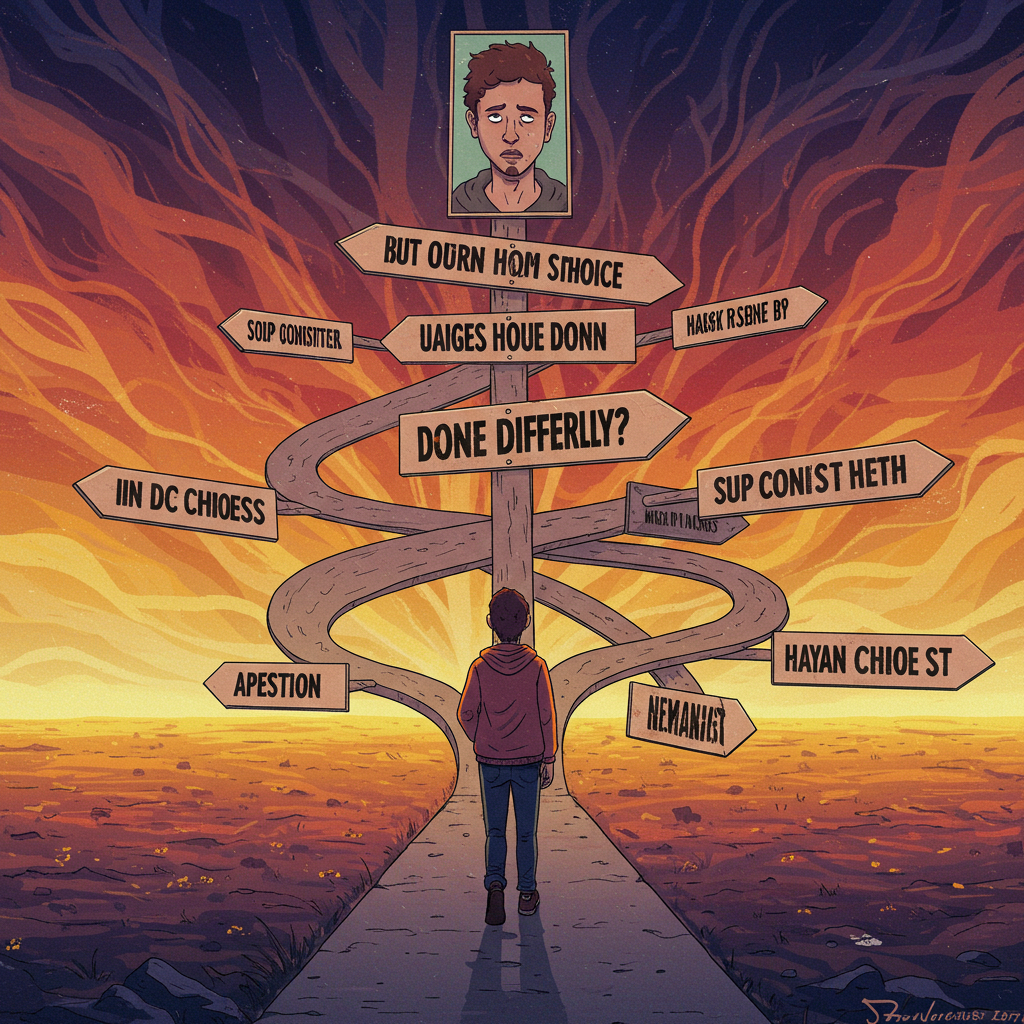
For Sara:
-
She could have discussed other ways to support Nick, like helping him apply for campus food assistance or finding low-cost food options nearby.
-
Setting a clear boundary earlier might have prevented resentment from building.
For Nick:
-
Rather than guilt-tripping Sara, he could have looked for help through school programs or community resources.
-
Being vulnerable about his situation is okay—but expecting someone else to shoulder his basic needs isn’t fair.
Final Verdict: You’re Not the Villain for Protecting Your Needs
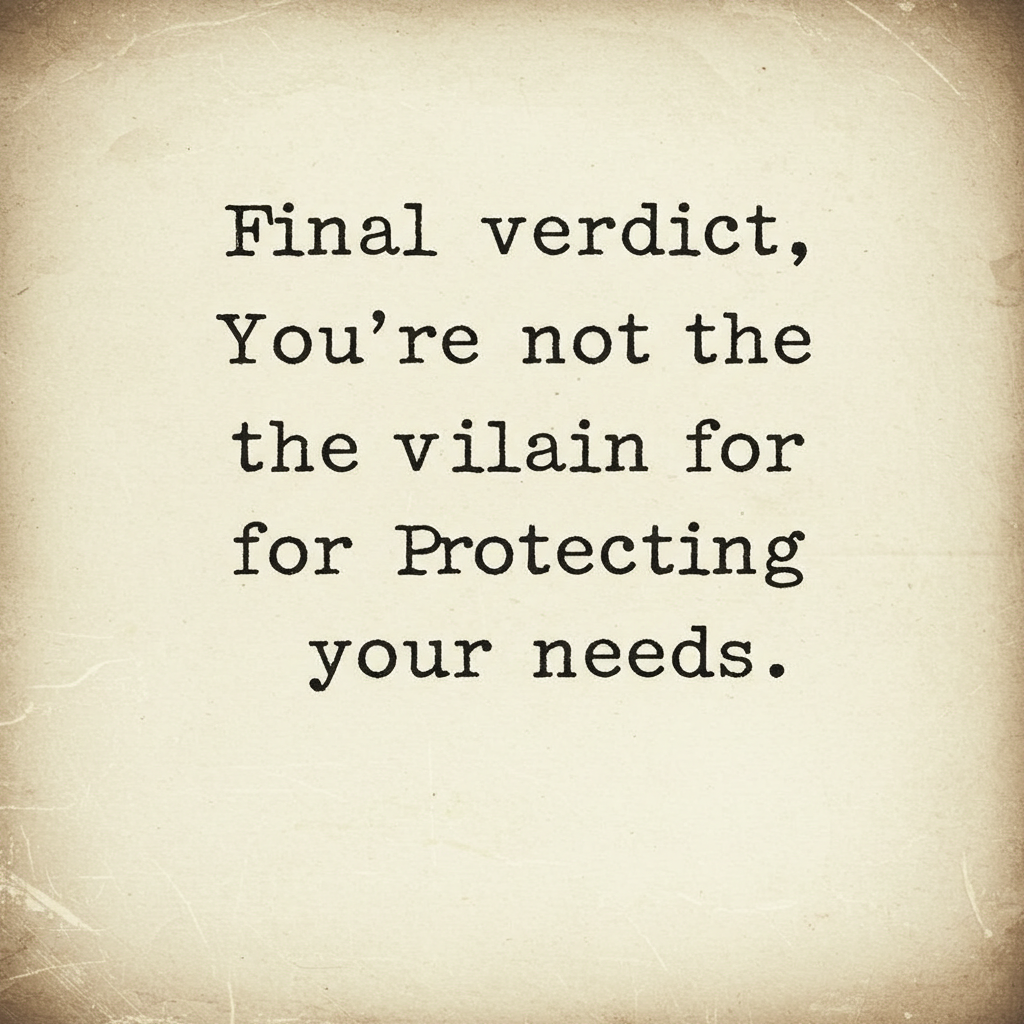
AITAH judgments always walk the line between empathy and accountability. In this case, Sara isn’t the villain—she’s a young adult navigating a difficult situation with limited resources.
Compassion is important, but it doesn’t have to come at the cost of your own well-being. It’s not cruel to say, “I can’t do this for you”—especially when the alternative means running yourself into the ground.
